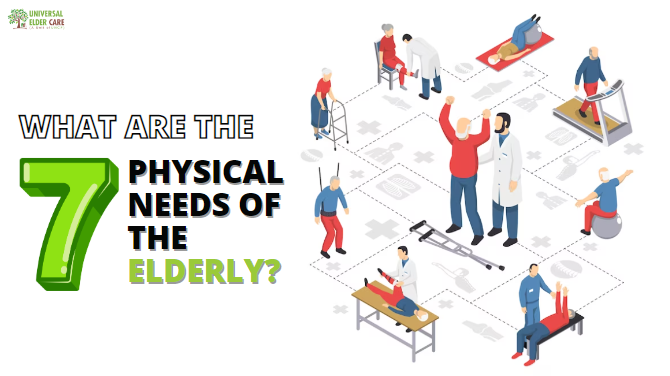Benefit of palliative care for patients and family

The Benefits of Palliative Care for Patients and Families: Enhancing Quality of Life
Palliative care is a specialized approach that focuses on providing holistic support to patients with serious illnesses and their families. It aims to improve their quality of life by addressing physical, emotional, and spiritual needs. In this blog post, we will explore the numerous benefits of palliative care for patients and their families, highlighting the invaluable support it offers during challenging times.
-
Holistic Approach to Care: Palliative care takes a holistic approach to patient care, considering their physical, emotional, and spiritual well-being. It aims to alleviate pain and manage symptoms effectively, enhancing the patient's overall comfort and quality of life. By addressing all aspects of well-being, palliative care helps patients experience relief from distressing symptoms while improving their overall physical and emotional well-being.
-
Enhanced Quality of Life: One of the primary goals of palliative care is to enhance the quality of life for patients facing serious illnesses. Palliative care professionals work closely with patients to identify their individual goals, values, and preferences, tailoring the care plan accordingly. By providing symptom management, emotional support, and assistance with decision-making, palliative care helps patients live their lives to the fullest, maintaining their dignity and autonomy.
-
Emotional and Psychological Support: Serious illnesses can bring forth a range of emotional and psychological challenges for patients and their families. Palliative care teams offer comprehensive emotional and psychological support, providing a safe space for patients to express their fears, concerns, and anxieties. They offer counseling, facilitate open communication, and help patients and families cope with the emotional impact of the illness. By addressing emotional well-being, palliative care plays a significant role in reducing anxiety, depression, and emotional distress, promoting a better overall quality of life.
-
Communication and Care Coordination: Palliative care teams act as a central point of communication and coordination among the various healthcare providers involved in the patient's care. They facilitate open and effective communication, ensuring that everyone is informed and aligned with the patient's goals and wishes. This collaborative approach improves coordination, reduces confusion, and ensures that the patient's care plan is well-integrated and seamless. By streamlining communication and care coordination, palliative care enhances the overall care experience for patients and their families.
-
Support for Caregivers and Family Members: Palliative care recognizes the vital role played by caregivers and family members in supporting patients. It provides education, training, and emotional support to help caregivers navigate the challenges of caregiving. Palliative care teams also assist family members in understanding the patient's condition, treatment options, and prognosis, empowering them to make informed decisions and actively participate in the care process. By addressing caregiver burnout, providing respite care, and offering counseling services, palliative care helps alleviate the physical, emotional, and psychological burdens faced by family members, enhancing their well-being.
Palliative care offers numerous benefits for patients and their families facing serious illnesses. By providing holistic support, enhancing quality of life, offering emotional and psychological support, facilitating communication and care coordination, and providing caregiver and family support, palliative care plays a pivotal role in improving the well-being of patients and their families during challenging times.




